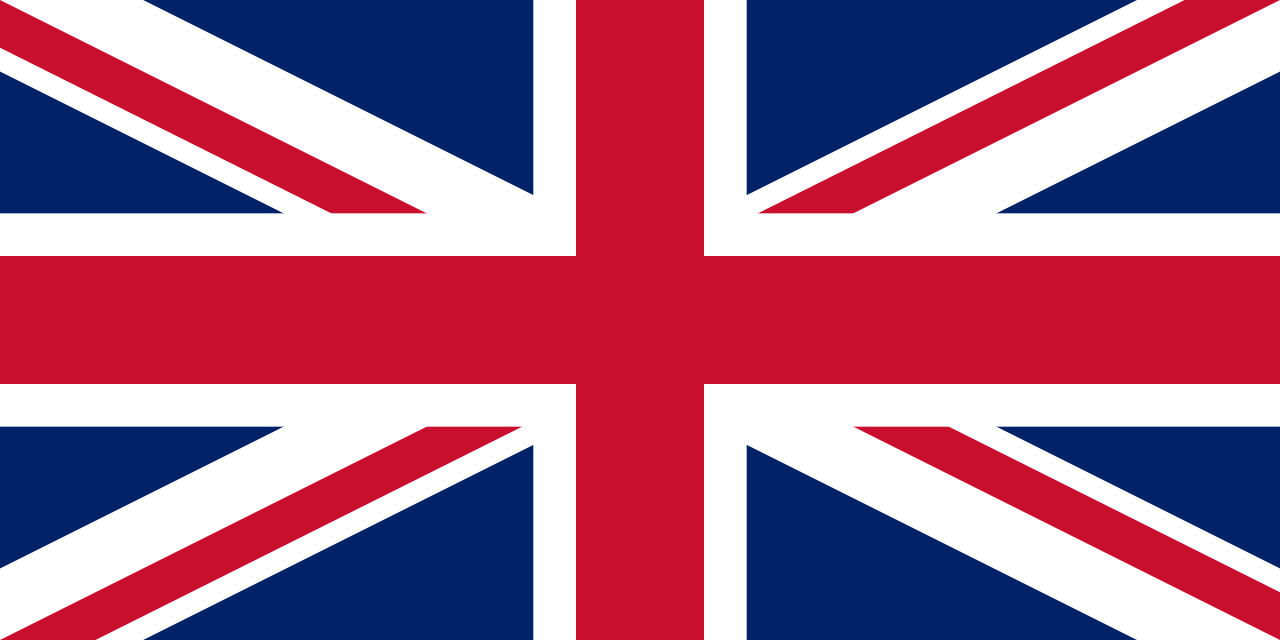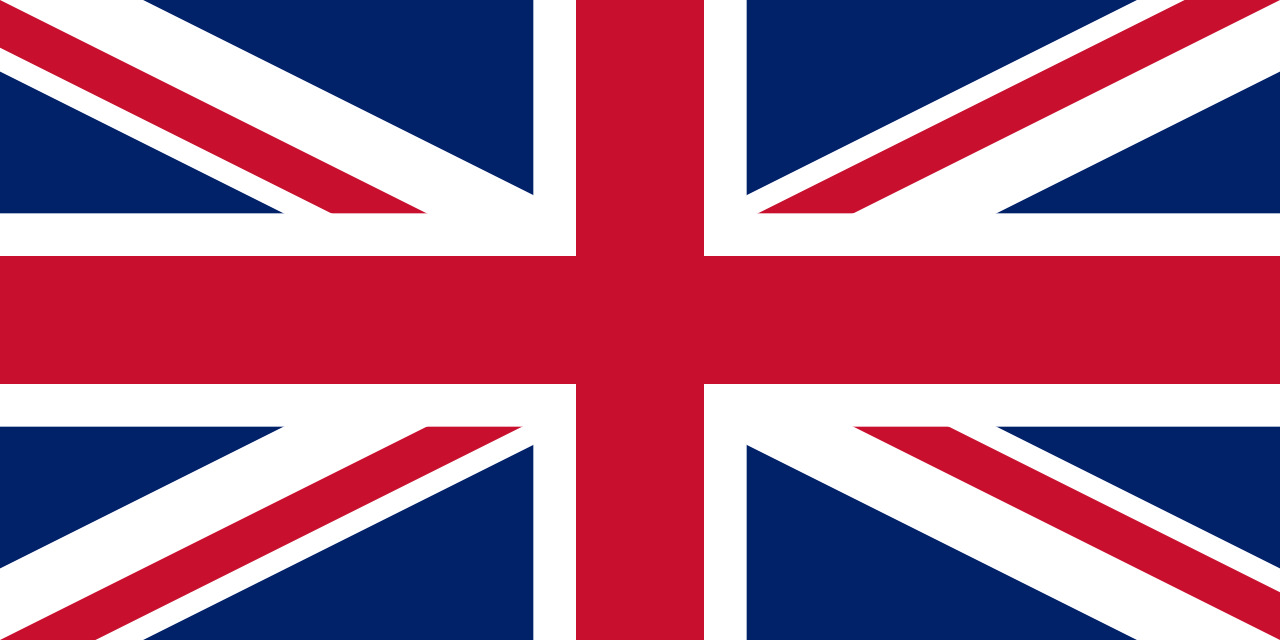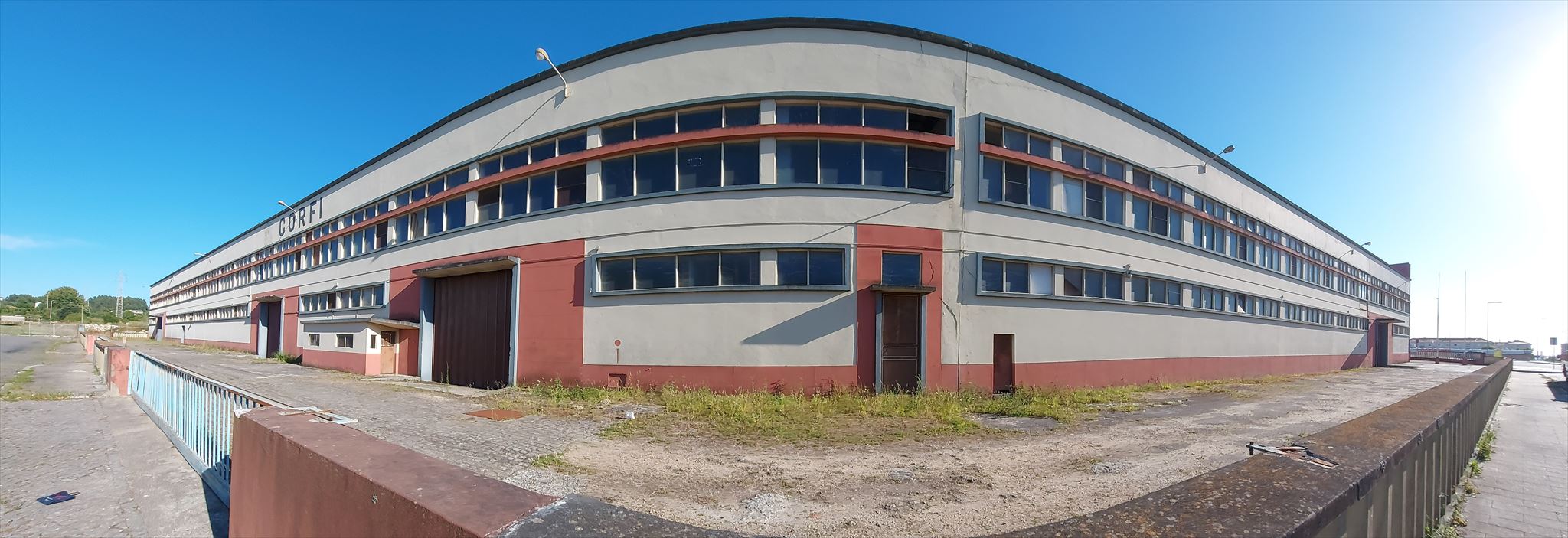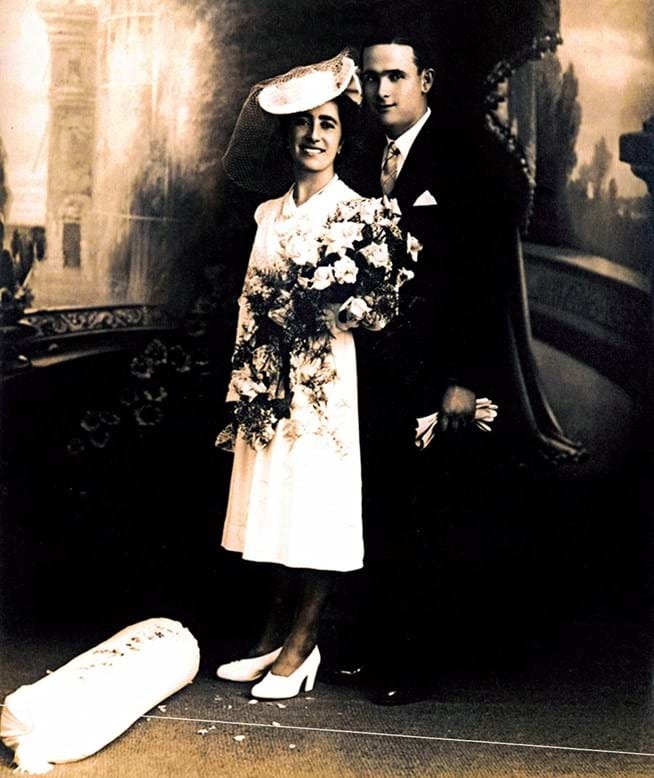 Scroll down (way down!) for the english version :-)
Scroll down (way down!) for the english version :-)
Notas
Podes trazer ração seca e água para felinos de pequeno porte!
P.f. coloca o container no mesmo sítio onde o encontraste, e nas mesmas condições. O saquinho e elásticos não são para danificar / deitar fora :/
A GZ não costuma ter muggles, mas sê p.f. discreta/o se eles andarem por lá
Pódio para FTF, STF e TTF!

Foi a 19 de Dezembro de 1917 que nasceu Manuel Oliveira Violas - uma figura obviamente incontornável da indústria espinhense.
 Conta a história que em 1941, aos 23 anos, se envolveu em negócios com o seu tio. E, segundo alguns dos anciãos da freguesia, conseguiu-o defraudar da maioria, ou talvez na totalidade, do capital da empresa, que não valeria menos de 80 contos - uma narrativa que não pode ser nem confirmada nem descomprovada facilmente. Em Agosto de 1943, com 25 anos, casou-se com a silvaldense Ana Gomes Soares, de 21 anos - que, novamente segundo a lenda, foi abandonada no altar, e decidiu que de lá não se retirava até aparecer um noivo aceitável - um homem alto e de posses. E lá apareceu Manuel ao volante do seu carro, de aparência mais moderna e vistosa que era regra no Portugal da altura, conhecido por ser 'mulherengo', na pior acepção do termo. Violas aparentemente também já teria juntado dinheiro e experiência suficientes para se lançar como industrial (se ou como, será outra história...), o que fez pouco depois nesse mesmo ano. Ana Gomes aceitou, e o casal foi em lua-de-mel até Lisboa. Mas de comboio - porque os pneus do carro de Violas entretanto tinham furado.
Conta a história que em 1941, aos 23 anos, se envolveu em negócios com o seu tio. E, segundo alguns dos anciãos da freguesia, conseguiu-o defraudar da maioria, ou talvez na totalidade, do capital da empresa, que não valeria menos de 80 contos - uma narrativa que não pode ser nem confirmada nem descomprovada facilmente. Em Agosto de 1943, com 25 anos, casou-se com a silvaldense Ana Gomes Soares, de 21 anos - que, novamente segundo a lenda, foi abandonada no altar, e decidiu que de lá não se retirava até aparecer um noivo aceitável - um homem alto e de posses. E lá apareceu Manuel ao volante do seu carro, de aparência mais moderna e vistosa que era regra no Portugal da altura, conhecido por ser 'mulherengo', na pior acepção do termo. Violas aparentemente também já teria juntado dinheiro e experiência suficientes para se lançar como industrial (se ou como, será outra história...), o que fez pouco depois nesse mesmo ano. Ana Gomes aceitou, e o casal foi em lua-de-mel até Lisboa. Mas de comboio - porque os pneus do carro de Violas entretanto tinham furado.
Na realidade, o regresso viu Ana Gomes e Manuel Violas a passarem a residir de graça em casa dos pais dela. A Violas, educado até à 4ª classe - ou, segundo alguns dos anciãos, nunca teria frequentado a escola e seria analfabeto - só restou a bicicleta como solução de mobilidade.
A Manuel de Oliveira Violas - Cordoaria e Fios (Corfi) nasceu então perto do fim de 1943, na fronteira entre as freguesias de Espinho e Silvalde, junto à venerável EN109. Manuel alegadamente pagou 30 contos do seu bolso pelo terreno (175€, ou 22,000€ ajustados à inflação), porque tinha uma especial aversão a empréstimos. Novamente aqui alguns anciães disputam a narrativa oficial, e sugerem que o capital proveio inteiramente dos bolsos dos pais de Ana Gomes. Independentemente da origem do capital, a fábrica arrancou com 31 empregados e apenas meia linha de produção em sisal. Em parte devido à isolação internacional de Portugal durante o Estado Novo e consequentes medidas proteccionistas, a Corfi conseguiu sustentar-se com manufacturação exclusivamente manual até à década de 50, data em que já somava mais de um milhar de funcionários. Manuel Violas viu-se forçado a fazer a actualização para os métodos mecânicos e as fibras plásticas, já em utilização há várias décadas nos outros países.
Em função desse 'upgrade', na década de 60 nasceu a Cotesi, localizada em Grijó, no concelho de Vila Nova de Gaia, apenas um pouco mais a norte. Com instalações muito maiores e bem mais equipadas, a fábrica empregava mais de dois milhares e meio de funcionários, e exportava quase a totalidade da sua produção. A fábrica sobreviveu até aos dias de hoje, e continua a laborar com ainda mais força que antes. O império industrial de Violas continuou a crescer, tendo obtido 50% do capital do casino e apart-hotel Solverde, num golpe de sorte extraordinário. O grupo Violas contemporâneo detém 100% do capital da Solverde, que hoje abrange 5 casinos e 4 hotéis.
Com o caminho facilitado a partir daí, o grupo Violas conquistou a maior parte das acções do BPI, e mais tarde da Unicer / Super Bock Group. Passados dois anos, viria a falecer Manuel, em 1991, aos 73 anos de idade. O grupo continuou a ser gerido pelos familiares e descendentes de Violas, cuja expansão continua, embora a uma velocidade naturalmente muito inferior.
Entretanto, as instalações da Corfi foram sendo negligenciadas: o seu último uso foi como agência imobiliária, encerrando em 2018. Os planos para transformá-la no primeiro centro comercial de Espinho (felizmente?) não se concretizaram. O edifíco monolítico já acusa os sinais do tempo, e ainda mais o relvado que antigamente o cercava, tingido pela paleta verde-morto do abandono.
E é precisamente aqui que vamos facilmente encontrar a nossa cache, num desafio simples, mas que talvez o próprio Manuel Violas não conseguiria resolver ;-)
(texto original por KangarooMouse)
Leituras recomendadas
Biografia parcial de Manuel Violas
História do Grupo Violas: 1 e 2


Notes
There are small felines about, feel free to bring dry feed and water!
Please return the container to the same place you found it in, and in the same condition. Don't damage or throw away the hermetic plastic baggie and rubberbands :/
There are usually no muggles about, but please use stealth if otherwise
FTF, STF and TFT will be featured in the podium!

Manuel Oliveira Violas was born but six days before Christmasday 1917 - an infant who would eventually become a reference (perhaps the main reference) in the industrial age of Espinho.
 Legend has it that in 1941, at the tender age of 23, he had entered into a venture with his uncle. According to the local elders, whose recollections cannot be confirmed nor dismissed, the partnership wasn't a peaceful one; Violas fled his uncle's presence after appropriating most, or all, of the venture's capital, which they say amounted to no less than 80 contos.
Legend has it that in 1941, at the tender age of 23, he had entered into a venture with his uncle. According to the local elders, whose recollections cannot be confirmed nor dismissed, the partnership wasn't a peaceful one; Violas fled his uncle's presence after appropriating most, or all, of the venture's capital, which they say amounted to no less than 80 contos.
In August 1943, at the age of 25, as the legend continues, he married 21 year-old Ana Gomes Soares, from the Silvalde parish. She had apparently been abandoned at the altar the same day, but refused to leave it until a suitable groom appeared - a man who would be tall and well-established in life. A theretofore stranger appeared at the wheel of his car, wearing clothes more stylish than was usual for the country at the time, and appearing to bear the marks of an already established entrepreneur. Well know for being a womaniser - in the worst acception of the term - Manuel Violas took Ana Soares for his wife the very same day. They set off for their honeymoon in Lisbon. But by train, as Manuel's car tyres had apparently deflated from unrepairable damage after the wedding cerimony.
Ana Gomes' expectations might have been defrauded when they returned to Espinho - her parents had to provide free lodging for her and her husband, who had never progressed past 4th grade (or, as told by the local elders, he never went to school at all, and couldn't read or write). His car was no more, and he had nothing left to ride but his bicycle.
Even so, later on in the same year, Violas paid 175€ out of his own pocket (22,000€ ajusted for inflation), as he was especially averse to contracting loans. for a plot of land located in the border between the Espinho and Silvalde parishes, next to the age-old EN109 roadway. Again, some elders dispute the official narrative, and speculate the capital was sourced entirely from the pockets of his wife's parents. Nonetheless, Manuel de Oliveira Violas - Cordoaria e Fios (Corfi) started its production run with 31 workers and only half a full prodution line for sisal string.
As with other contemporary industries, Corfi benefitted from Portugal's isolationism and consequential protectionist measures. Using nothing but all-manual manufacturing techniques, the company not only stayed afloat but also grew until the 1950s, employing more than a thousand workers by then. An update was inevitable, and Manuel Violas switched to both automated manufacturing and polymer fibres, which had already been the established standard across the world for some time.
In the wake of this upgrade, a new manufacturing plant - Cotesi - was born in the 60s in Grijó, a parish in nearby Vila Nova de Gaia, only a little ways up north. Sporting far larger and better equipped instalations, and employing over twenty-five hundred workers, almost all of its production was meant for export, which graciously pleased the totalitarian (and ineffectual) government of Salazar Slitheryn. Cotesi has not only survived to the present day; its production volume has grown, even in the face of gruelling international competition. The Violas financial empire hit permanent gold only a few years later: 50% of the Solverde casino and aparthotel shares had been purchased by him even before it had been built. The present-day Violas Group now owns 100% of the original investments, plus 4 other casinos and 3 major hotels.
After a critical point, a rolling stone gathers no moss, only profits - even if powered solely by momentum. Manuel Violas passed away in 1991, at 73, but his empire did never pine for the fjords. The majority of the BPI bank's shares, and those of Unicer/Super Bock Group, are owned by the Violas Group, which has continued to grow, albeit not at a geometric pace.
In the meanwhile, Corfi's building was left to scramble for a purpose. The last use it saw was in 2018 as a real-estate agency. Proposed plans to turn in into Espinho's first shopping centre have fallen through (to the delight of both elders and youngsters), and the monolith has already began to accrue the wrinkles of old age. The lawn separating it from the pavement now sports the odd colours and strange growths of neglect.
And it is here we are going to find our cache - perhaps with greater ease than Manuel Violas himself ever could :-)
(original text by KangarooMouse)
Further reading
Partial biography of Manuel Violas
Viola Group's history: 1 and 2
